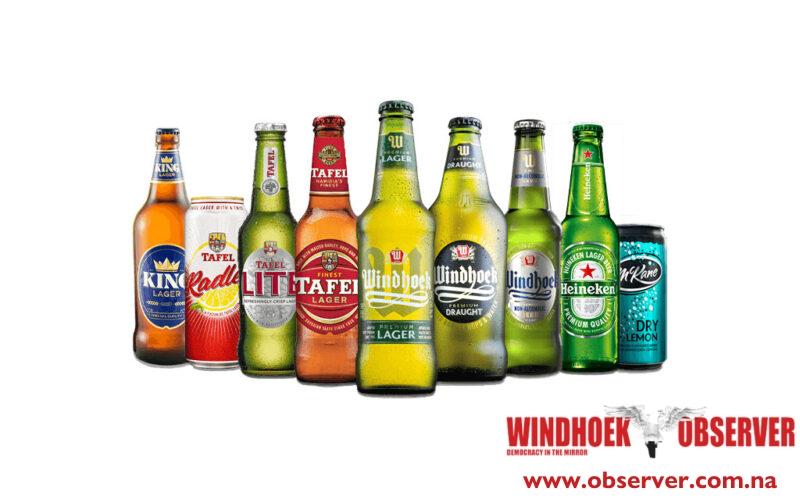Martin Endjala
Namibia Breweries Limited (NBL), a pioneer in sustainable manufacturing, has accelerated its sustainability efforts by committing to reach zero emissions across its operations by 2030.
This science-based target, a decade ahead of the Paris Agreement climate goal, will be realised through a comprehensive strategy that emphasises increased renewable energy usage, enhanced energy efficiency, emission reduction across NBL’s value chain, and the implementation of innovative low-carbon technologies, and nature-based solutions.
According to NBL Managing Director, Peter Simons, this net-zero commitment signifies a monumental leap in NBL’s sustainability journey as part of Brew a Better World 2030 strategy.
“Climate change is one of the biggest threats facing our world today, and businesses must step up their efforts to reduce emissions, while we have made solid progress, our work has only just begun,” he said.
Adding that for decades, NBL has pioneered innovative sustainability projects, laying the foundation for today’s heightened ambitions. A testament to this commitment is the installation of Africa’s first industrial-scale biomass boiler, reducing carbon emissions by over 63,000 tons since 2016.
This state-of-the-art boiler currently fulfills an impressive 85 percent of the brewery’s thermal energy requirements, showcasing NBL’s success in transitioning towards renewable thermal energy sources to reduce its carbon footprint.
“Environmental stewardship and social responsibility are integral to our business and brewing heritage. While our early sustainability efforts put us on the map, our work has only just begun. We are committed to accelerating our Brew a Better World efforts in the decade ahead to realise our vision for a truly sustainable future,” he said.
Bernd Esslinger, NBL Engineering Manager, highlighted the company’s commitment to circular solutions, stating that NBL has spearheaded circular solutions like waste recycling and water treatment that benefit both operations and the environment.
These efforts he said, reinforce their ambition to reach net zero emissions while supporting healthy local ecosystems.
In pursuit of enhanced energy efficiency, NBL has strategically installed over 75 energy meters, enabling real-time tracking and data-driven targeting of electricity consumption.
This initiative has not only driven efficiency improvements across operations but has also laid the groundwork for further advancements.
The commissioning of two rooftop solar plants, in 2013 and 2023, contributes a noteworthy 22 percent to NBL’s total electricity needs.
Esslinger, said that their journey toward sustainability includes continuous innovation and optimisation.
“We are dedicated to pushing the boundaries of what’s possible in the pursuit of a greener and more sustainable future,” he said.
Meanwhile, NBL has exhibited foresight on the water sustainability front by drilling five onsite boreholes and constructing a borehole water treatment plant, providing up to 80 percent of its water supply during drought periods. This local water sourcing strategy has proven essential for NBL to
ensure sustainable water availability amidst changing climate conditions. In its commitment to waste reduction, implemented an integrated management system, embracing initiatives like increased use of recyclable packaging and the innovative repurposing of spent yeast. This holistic approach has resulted in a significant reduction in solid waste sent to landfills. In adedition, Surihe Gaomas-Guchu, NBL Corporate Affairs Manager, reiterated that NBL remains committed to leading the way in sustainable practices, proving that businesses can drive positive change for the planet and communities.




